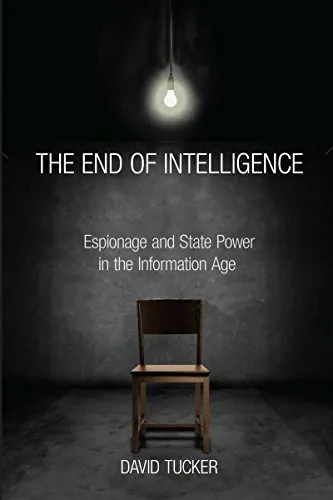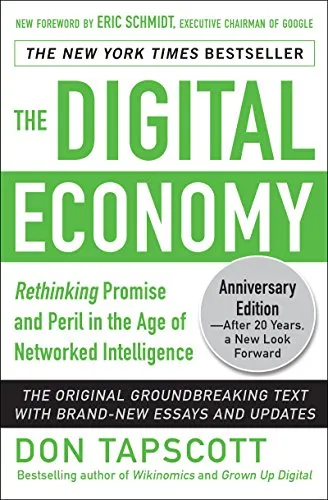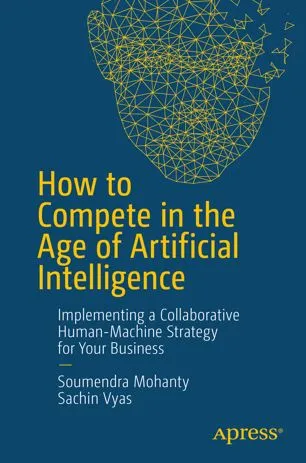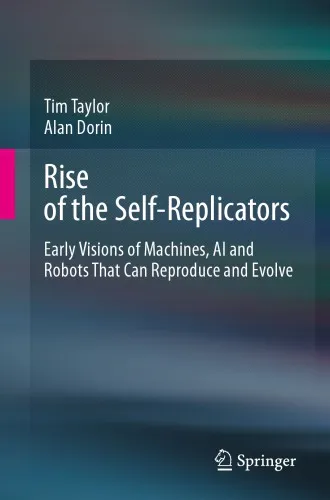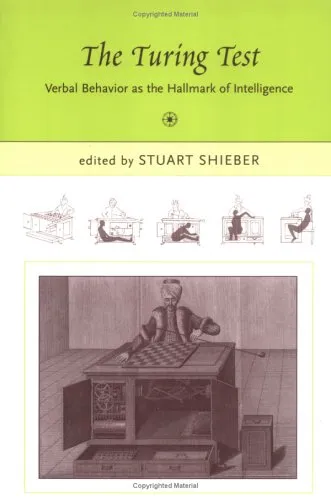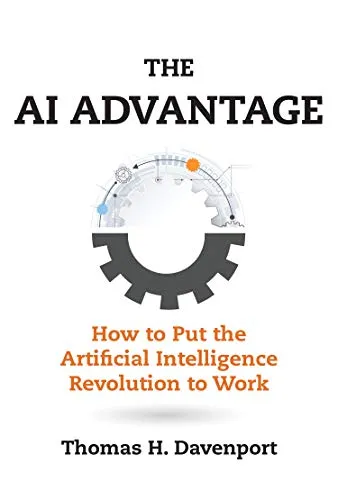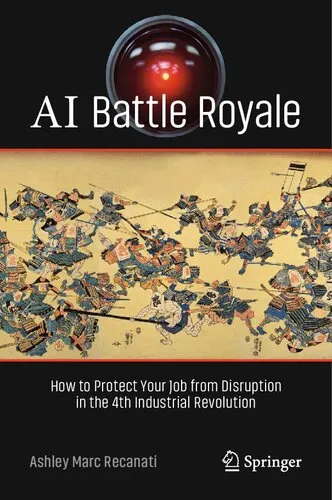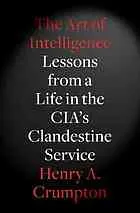The End of Intelligence: Espionage and State Power in the Information Age
3.8
Reviews from our users

You Can Ask your questions from this book's AI after Login
Each download or ask from book AI costs 2 points. To earn more free points, please visit the Points Guide Page and complete some valuable actions.Related Refrences:
Welcome to a comprehensive exploration of the nuanced dynamics of espionage and state power amidst the rapid technological advancements of the information age. In "The End of Intelligence: Espionage and State Power in the Information Age," I, David Tucker, delve deep into the intricate relationships and evolving landscape of intelligence in contemporary society.
Detailed Summary
In this book, I explore the transformative effect of technology on traditional espionage and the power structures of states. I argue that while technology has empowered governments with unprecedented surveillance capabilities, it has also posed significant challenges to intelligence communities worldwide. Throughout the book, I highlight the dual-edged nature of technological advancements: granting surveillance power but also paving the way for new security challenges due to increased transparency, cyber threats, and global connectivity.
The analysis begins with an overview of the historical context of intelligence operations, leading to a comprehensive discussion on modern intelligence practices. I discuss key themes such as cyber warfare, the democratization of information, and the balance between civil liberties and state control. The book examines how non-state actors have gained leverage in international politics, disrupting the traditional monopoly states held on intelligence. Through various case studies, practical examples, and theoretical insights, I provide a balanced perspective on whether the golden age of espionage has truly ended, or if it has merely transformed.
Key Takeaways
- The dual impact of technology enhances state power but simultaneously introduces novel vulnerabilities.
- Non-state actors now play a significant role in global intelligence, challenging traditional state dominance.
- Balancing national security and civil liberties becomes increasingly complex in an interconnected world.
- Intelligence strategies must evolve to effectively leverage technological advancements while mitigating risks.
Famous Quotes from the Book
"In the information age, intelligence is as much about understanding the overflow of information as it is about the traditional secrets and shadows."
"The paradox of power in the digital age is that while the capacity for surveillance amplifies, so too does the vulnerability to disruption."
"The battle for information supremacy is not fought solely in the corridors of government but in the open theatres of cyberspace."
Why This Book Matters
This book is an essential read for policymakers, intelligence professionals, and anyone interested in the future of espionage and state security. By addressing the complexities introduced by the digital age, the book provides a crucial understanding of how states can navigate the evolving intelligence landscape. It emphasizes the importance of adapting strategies to match contemporary challenges and preparing for future disruptions in the field of intelligence. Ultimately, "The End of Intelligence" offers a roadmap for maintaining state power in the face of technological evolution, ensuring national security while respecting individual rights.
Free Direct Download
You Can Download this book after Login
Accessing books through legal platforms and public libraries not only supports the rights of authors and publishers but also contributes to the sustainability of reading culture. Before downloading, please take a moment to consider these options.
Find this book on other platforms:
WorldCat helps you find books in libraries worldwide.
See ratings, reviews, and discussions on Goodreads.
Find and buy rare or used books on AbeBooks.
1480
بازدید3.8
امتیاز0
نظر98%
رضایتReviews:
3.8
Based on 0 users review
Questions & Answers
Ask questions about this book or help others by answering
No questions yet. Be the first to ask!
